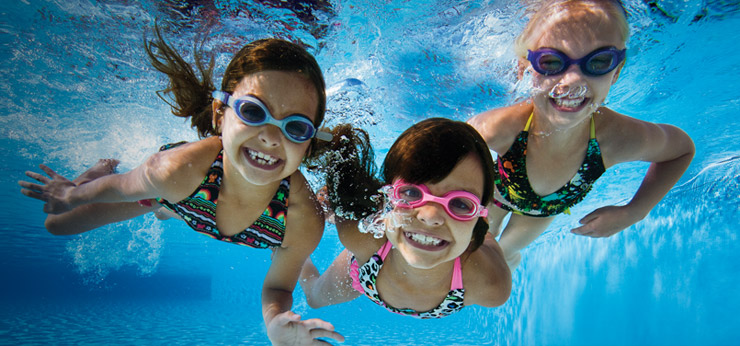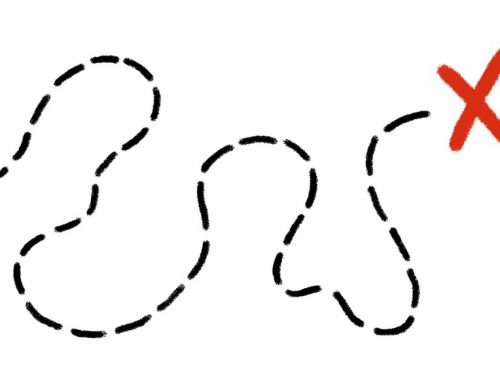Heat-Related Illnesses

Heat-related Illnesses
With summer in full swing and hot weather covering much of the country, be careful that our children don’t suffer from heat-related illnesses. Prolonged exposure to high temperatures along with dehydration affects
the body’s temperature control. Heat-related illnesses can be serious. Below are general descriptions of some of the more serious illnesses, but since we are not medical professionals, when in doubt call your doctor or 911.
Heat stroke is often considered the most dangerous heat-related illness. Symptoms can include a high body temperature, nausea, confusion, throbbing headache, rapid heartbeat, rapid/shallow breathing, red/hot/dry
skin and lack of sweating (even though it is hot). If you suspect that someone might have heat stroke, call 911. Heat stroke can be fatal.
Administer first aid while waiting for an ambulance. This includes cooling the body-in an air-conditioned room, or if none is available, in a cool, shady area. Fan air over the person while wetting the skin with water.
Immerse the person in a shower or tub of cool water. Apply ice packs to the neck, back, groin and armpits where blood vessels are near the surface.
Heat exhaustion is usually caused by exposure to high heat for several days. It can take the form of salt depletion, symptoms of which include muscle cramps, dizziness and nausea. It can also take the form of water depletion,
symptoms of which include headache, excessive thirst and losing consciousness. Other symptoms of both include fainting, fatigue, pale skin, profuse sweating and rapid heartbeat. Heat exhaustion can lead to heat
stroke, so take immediate action. Get to a cool area, drink fluids, remove clothing (to help to cool the body), take a cool bath or shower. Avoid high temperatures for the following week.
Heat Cramps are another heat-related illness.
Heat cramps can occur while doing activities (exercise or work) in a hot environment or even hours later. Heat cramps are likely caused by an imbalance of electrolytes– sweating results in a loss of sodium. Rest and
restoring electrolytes (sports drinks can help) should take care of the problem, but call your doctor to be sure.









